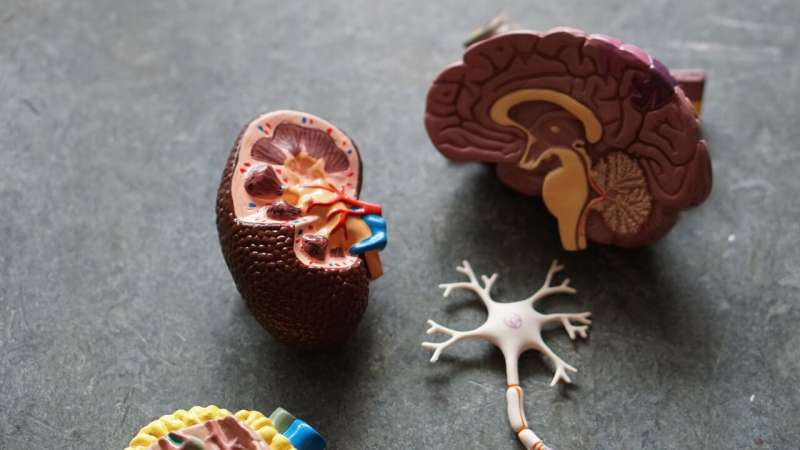
When individuals with varying degrees of chronic kidney disease who were not on dialysis answered annual questionnaires about their symptoms, researchers found that one-third could be categorized as having a “Worse symptom score and worsening trajectory” of symptoms. As reported in the Clinical Journal of the American Society of Nephrology, these patients had especially high risks of later needing dialysis and of dying before dialysis initiation.
For the study, Moustapha Faye, MD (CHRU Nancy, Université Cheikh Anta Diop de Dakar) and his colleagues, investigators of the CKD-REIN cohort study, assessed symptoms annually using the Kidney Disease Quality of Life-36 questionnaire that was completed by 2,787 adults in France with CKD who were not on dialysis.
The prevalence of each symptom ranged from 24% (chest pain) to 83% (fatigue), and 98% of participants reported at least one symptom. After a median follow-up of 5.3 years, 690 participants initiated kidney replacement therapy (KRT) such as dialysis, and 490 died before KRT. The team identified two profiles of symptom trajectories: a “Worse symptom score and worsening trajectory” in 31% of participants, characterized by a low initial symptom score that worsened more than 10 points (on a scale of 0–100) over time, and a “Better symptom score and stable trajectory” in 69% of participants, characterized by a high initial score that remained stable over time.
Participants in the “Worse symptom score and worsening trajectory” category had more risk factors for CKD progression at baseline, worse quality of life, and a higher risk of KRT and death before KRT than other participants.
“In addition to the already existing classifications of CKD, it is possible to actively monitor symptoms and classify patients according to their progression. This monitoring should involve practitioners and patients,” said Dr. Faye. “This active symptom tracking will allow early therapeutic interventions to be planned to help manage different symptoms.”
An accompanying editorial notes that “in addition to disease management, Faye et al. provide further evidence of the need to care for the unpleasant symptoms that cause suffering and affect the well-being of patients with advanced CKD.”
Source: Read Full Article
